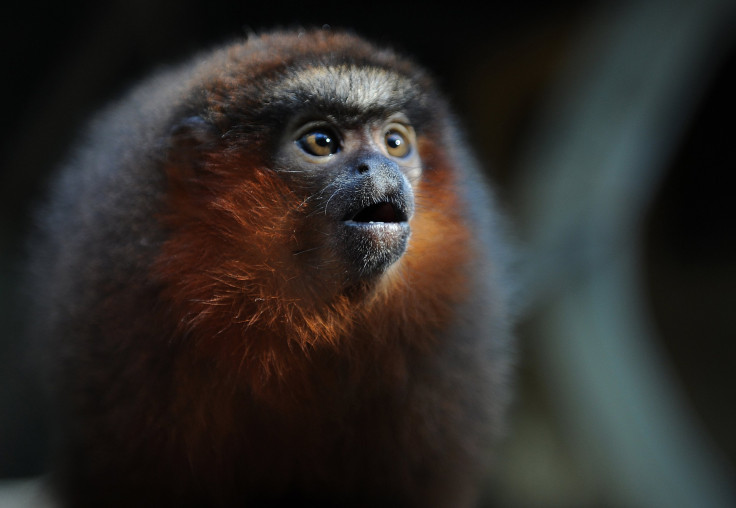How to Have a Good Relationship: Why a Little Jealousy Can Help

Medical Daily is pleased to announce it will soon be part of Newsweek. There, you will find the same stories on the latest news about health, fitness, nutrition, and relationships to enhance your life.
Jealousy could play a role in a long-lasting relationship. Researchers say that despite all its heartache, the green-eyed-monster does actually serve an important role in helping to keep couples together. That conclusion stems from a recent study pinpointing exactly where jealousy originates in the brain. And the finding could have relevance well beyond romance.
In the new study published online in Frontiers in Ecology and Evolution, researchers used primates as a model to identify where jealousy originates in the brain. Titi monkeys mate with one partner for life and are also very territorial—a perfect combination for jealousy.
Related: Tiger Woods and the case against monogamy
The researchers took brain scans of male titi monkeys after they induced jealousy in the primates by placing them in view of their female partners with a strange male monkey. They also took brain scans of “non-jealous” male monkeys with no relationship to females, as they were also placed in view of her interacting with another male.
Scans, along with blood tests to measure hormone changes, revealed the biological effect that jealousy had on the titi monkeys. The envious monkeys had more activity in the cingulate cortex, an area of the brain associated with social pain in humans (like being the only person not invited to that super cool sleepover party). In addition, there was also increased activity in the lateral septum, an area of the brain believed to play a role in emotional processes and stress responses.
Related: Kevin Hart cheating scandal poses question: Is being with one person normal?
"Previous studies identified the lateral septum as being involved in the formation of pair bonds in primates," said lead researcher Karen Bales from the University of California, in a recent statement. "Our research indicates that in titi monkeys, this region of the brain also plays a role in maintaining the pair bond."
Jealous male monkeys also experienced a spike in hormone levels of testosterone and cortisol, the male sex hormone and the stress hormone.
The researchers believe that the findings are relevant to humans, whose brains, they think, act very similarly to that of the South American monkey. Understanding what jealousy does to our brains sheds light on its role in pairing up with a mate, for example. Bales believes the work could help explain why we stay with one person. "The neurobiology of pair bonding is critical for understanding how monogamy evolved and how it is maintained as a social system" says Bales.
Bonding with a mate links to areas of the brain connected with social memory and reward, the researchers explain. The connection jealousy has to these regions indicates that the emotion may help strengthen the bond. Keeping your mate from a stranger, holding them close in public, warning off other would-be suitors—all of these jealousy-triggered behaviors may simply be evolution's way of keeping couples together.
Bales and colleagues see an even broader relevance for the new findings. "A better understanding of this neurobiology may also provide important clues on how to approach health and welfare problems such as addiction and partner violence, as well as autism."



























